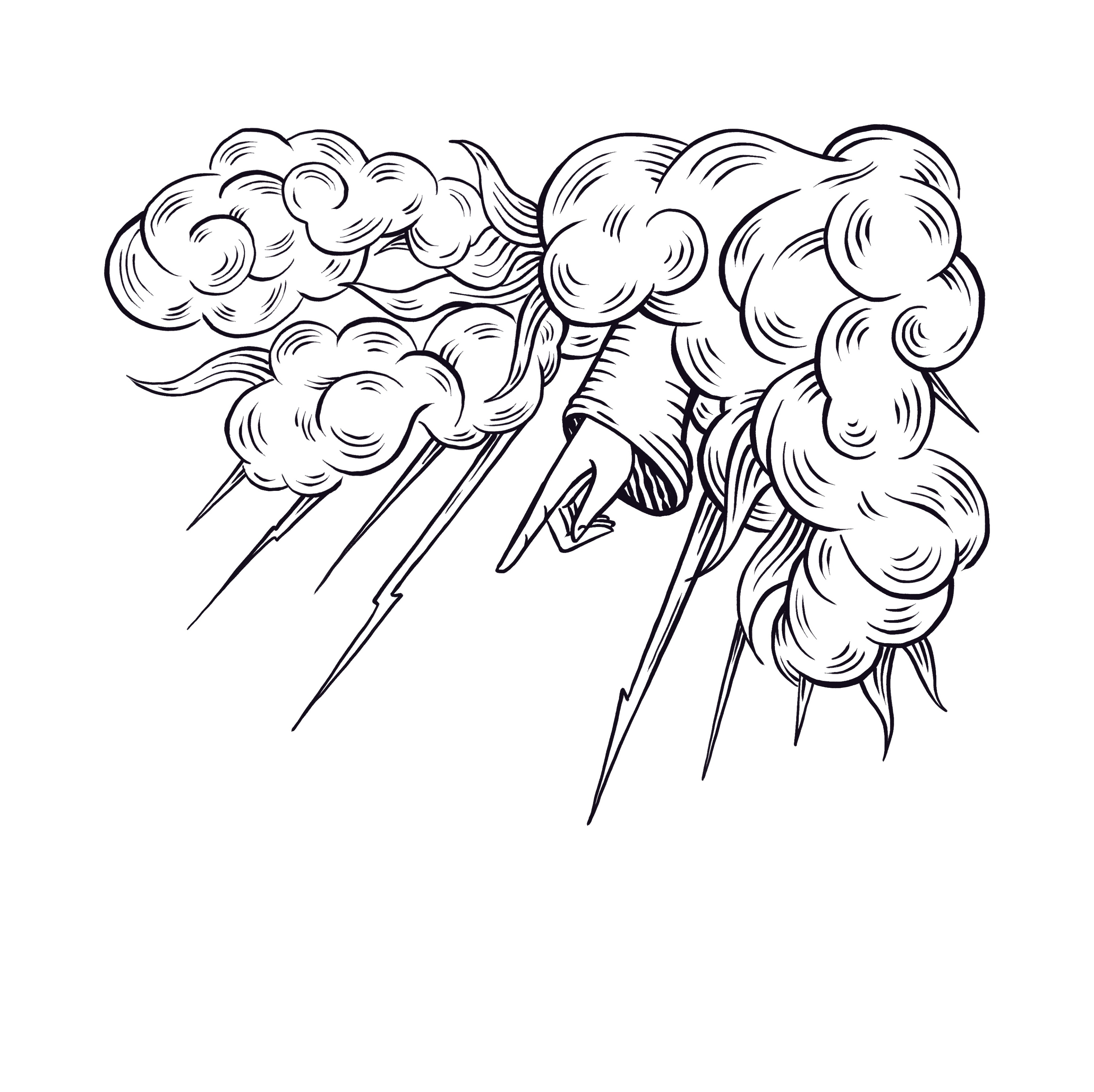Welcome to The Vine, a publication of Regent College.
We’re delighted to share ideas and perspectives from a wide range of people within and beyond Regent’s circles. In articles and interviews, podcasts and videos, you’ll hear authentic voices speaking from experience and expertise about ideas that matter to our community and yours.
Join us for conversations that inform, challenge, and inspire.

Welcome to The Vine, a publication of Regent College.
We’re delighted to share ideas and perspectives from a wide range of people within and beyond Regent’s circles. In articles and interviews, podcasts and videos, you’ll hear authentic voices speaking from experience and expertise about ideas that matter to our community and yours.
Join us for conversations that inform, challenge, and inspire.


Perfection and Speech about God’s Character in the Old Testament
Exploring Old Testament portrayals of God, this article challenges perfectionist theology that isolates divine traits like mercy or nonviolence, arguing instead for an embedded, relational understanding of God’s character grounded in Scripture.
All Resources: Society & Culture
Community: Diaspora Theology in Real Time: Technology and Transnational Community
Imagine Otherwise, the online magazine of Princeton’s Center for Asian American Christianity, hosts a podcast with Prof. Ann Gillian Chu on lived theology, Hong Kong’s political unrest, BN(O) migration to the UK, and its impact on faith, family, and community life.
Podcast: Regent on Tour at AAR/SBL 2025
Charge to the President
Video: Yohanna Katanacho on Faith, Justice and Peacemaking | Walk & Talk
Quintessential Christian Humanist
On the Significance of Religion for Immigration Policy
The Horror of Hearing Without Listening
The Texas Chain Saw Massacre’s experimental soundtrack invites theological reflection on the act of listening. Jeremy Hunt argues that engaging with unsettling sounds can retrain us to listen deeply—cultivating empathy, attention, and presence in a noisy, distracted world.